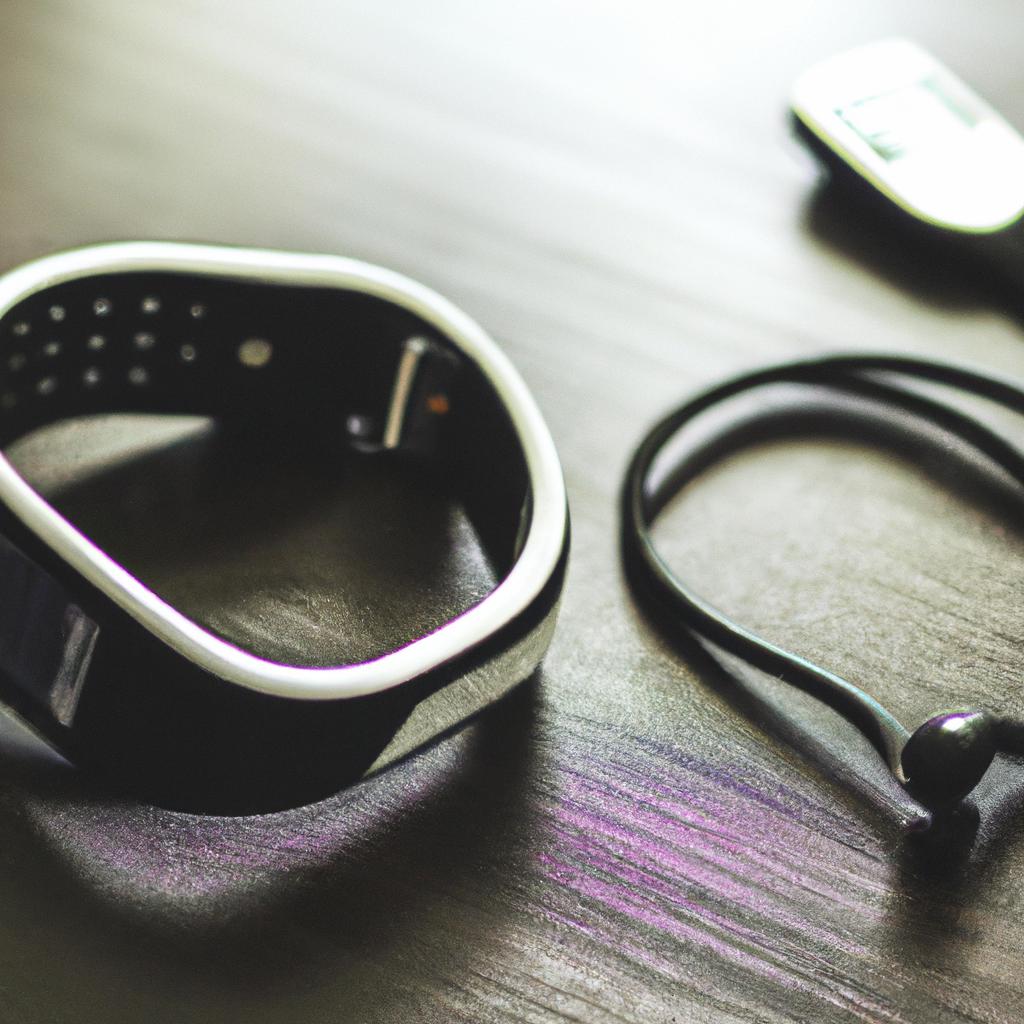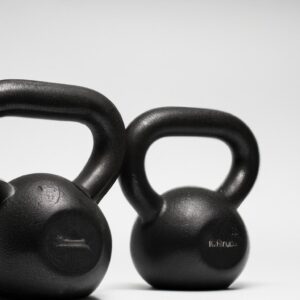**”The Future of Wearable Fitness Technology: How AI and Machine Learning Are Transforming Personal Health Tracking and Tailored Fitness Solutions”**
# The Future of Wearable Fitness Technology: How AI and Machine Learning Are Transforming Personal Health Tracking and Tailored Fitness Solutions
In recent years, wearable fitness technology has gained immense popularity, providing individuals with tools to monitor their health and fitness levels. Devices like smartwatches and fitness trackers have evolved from simple pedometers to sophisticated gadgets equipped with advanced features. However, the real game-changer lies in the integration of artificial intelligence (AI) and machine learning, which are revolutionizing personal health tracking and offering tailored fitness solutions. In this blog post, we will explore how these technologies are shaping the future of wearable fitness devices.
## The Rise of AI and Machine Learning in Wearables
### Enhancing Data Collection and Analysis
Wearable devices collect vast amounts of data, including heart rate, sleep patterns, and physical activity. However, the sheer volume of information can be overwhelming. This is where AI and machine learning come into play. By employing algorithms that can analyze this data, these technologies can provide users with actionable insights. For instance, AI can identify patterns in a user’s activity or health metrics, allowing for a deeper understanding of their personal fitness journey.
Moreover, machine learning algorithms can adapt to individual user preferences and behaviors. Consequently, this leads to more accurate predictions and recommendations, making fitness tracking more personalized than ever.
### Personalized Fitness Recommendations
Furthermore, AI-driven wearables can generate tailored fitness plans based on a user’s unique data. This means that instead of following generic workout routines, individuals can receive recommendations that align with their specific fitness levels, goals, and even potential health issues. For example, someone recovering from an injury may receive a different set of exercises than a person looking to build muscle. This personalization not only enhances user experience but also improves the effectiveness of fitness regimens.
## Nutrition Tips for Enhanced Health
### Integrating Nutrition Tracking
In addition to exercise, nutrition plays a crucial role in overall health. Many wearable fitness devices now incorporate nutrition tracking features. By logging meals and snacks, users can gain insights into their dietary habits. AI can analyze this nutritional data, providing personalized dietary recommendations alongside workout plans. For instance, if a user is not meeting their protein intake goals, the device might suggest high-protein snack options.
### Utilizing AI for Meal Planning
Moreover, AI can assist users in meal planning. By analyzing dietary preferences, calorie needs, and fitness goals, wearables can generate weekly meal plans that cater to individual lifestyles. Consequently, this makes it easier for users to stay on track with their nutrition while balancing their fitness goals.
## Exercise Advice and Performance Monitoring
### Real-Time Feedback on Workouts
Wearable fitness technology has advanced to the point where users can receive real-time feedback during workouts. With the help of AI, devices can analyze performance metrics such as pace, heart rate, and effort levels. For example, if a user is running too fast and not maintaining a steady heart rate, the device can provide immediate feedback to help them adjust their pace. This instant feedback is crucial for optimizing workouts and avoiding injuries.
### Adaptive Training Regimens
On the other hand, as users progress in their fitness journeys, their needs may change. Machine learning algorithms can adapt training regimens over time, ensuring that users are continuously challenged and engaged. For instance, if a user consistently meets their goals, the device can increase the difficulty of workouts or suggest new challenges to keep the fitness journey exciting.
## Health Benefits of AI-Driven Wearables
### Proactive Health Monitoring
One of the most significant benefits of AI-integrated wearable fitness technology is the ability to monitor health proactively. These devices can track vital signs such as heart rate variability and oxygen saturation levels. If any anomalies are detected, the device can alert users to seek medical advice. Consequently, this proactive approach can lead to early detection of potential health issues, ultimately saving lives.
### Motivating Lifestyle Changes
Moreover, the gamification aspects of many wearables, driven by AI, can motivate users to adopt healthier lifestyles. Features such as daily step challenges, streak tracking, and social sharing can encourage individuals to stay active. Consequently, these motivational tools can lead to lasting behavior change, promoting a more active lifestyle.
## Conclusion
The future of wearable fitness technology is undoubtedly exciting, primarily due to the advancements in AI and machine learning. These technologies are transforming how individuals track their health and fitness, offering personalized solutions that cater to unique lifestyles and goals. As AI continues to evolve, we can expect even more innovative features that will help users seamlessly integrate fitness and wellness into their daily lives.
By embracing these advancements, individuals can take control of their health journey, making informed decisions that lead to improved fitness outcomes. Therefore, whether you are a fitness enthusiast or just starting, investing in AI-driven wearable technology may be the key to unlocking your full health potential.
“`html
FAQ
What role does AI play in wearable fitness technology?
AI enhances wearable fitness technology by analyzing vast amounts of data collected from devices. It identifies patterns in user activity and health metrics, providing actionable insights and personalized fitness recommendations tailored to individual goals and preferences.
How can wearable devices assist with nutrition tracking?
Many wearable fitness devices now feature nutrition tracking capabilities, allowing users to log meals and snacks. AI analyzes this dietary data to offer personalized dietary recommendations and even generate meal plans based on individual fitness goals and nutritional needs.
What are the health benefits of using AI-integrated wearables?
AI-integrated wearable devices enable proactive health monitoring by tracking vital signs and alerting users to potential health issues. Additionally, features like gamification and social sharing motivate users to adopt healthier lifestyles, leading to lasting behavior change and improved fitness outcomes.
“`















Post Comment